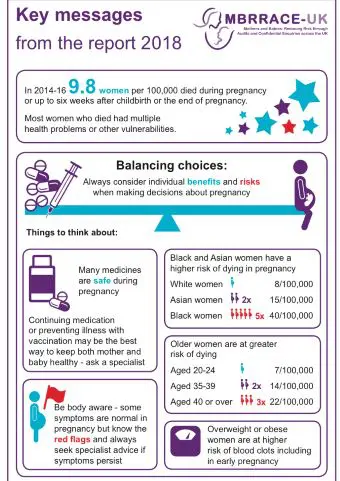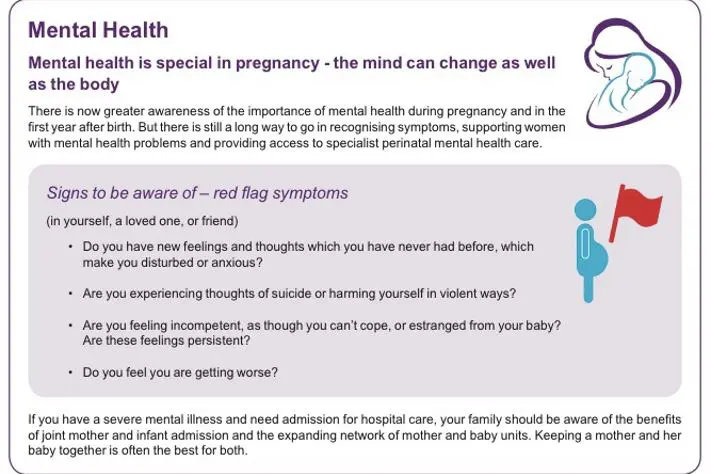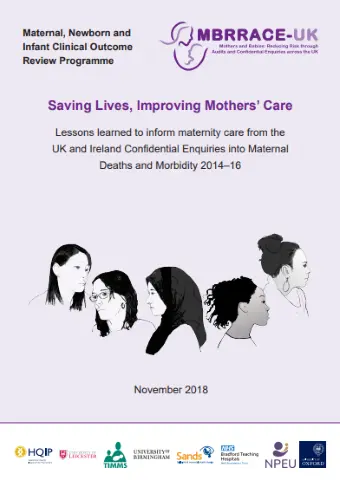2nd November 2018
The Institute joined colleagues from across perinatal services yesterday (Thursday 1 November) to learn lessons from the launch of the 2018 MBRRACE-UK report: Saving Lives, Improving Mothers’ care Lessons learned to inform maternity care from the UK and Ireland Confidential Enquiries into Maternal Death and Morbidity 2014-16.
We commend the report as essential reading for all health visitors and will be prioritising translating the learning into our various training programmes and publications, so that all health visitors and colleagues working with families in the perinatal period, understand the risks and know what to do about them.
Key Points:
- A total of 225 women died among 2,301,628 women giving birth, giving a rate of 9.78 deaths per 100,000 women giving birth – which is almost the same as what is was in 2010-2012 (10 women per 100,000 maternities)
- Heart disease remains the leading cause of women dying up to 6 weeks after the end of pregnancy
- Maternal suicide is the 3rd largest cause of direct maternal deaths during pregnancy and up to 42 days of the end of pregnancy, but it is the leading cause of direct deaths occurring within a year after the end of pregnancy
- There are striking inequalities that require urgent attention: Black women are 5 times more likely and Asian women twice as likely to die as white women
- Most women who died had multiple health problems and or other vulnerabilities
Key messages:
- Healthcare professionals need to challenge assumptions, for example, that symptoms are related to normal pregnancy or the woman has too many complex needs to be helped
- Continuity of care is essential for trusting therapeutic relationships between women and their healthcare professional to develop
- There needs to be more emphasis on training for non-specialists involved in the care of women in the perinatal period
- Women who experience pregnancy or postnatal loss or have a child removed into care need ongoing support – indeed care should increase rather than decrease





